
It took more than 500 years of waiting, then six or so months of planning, and on Dec. 5, the last day of Hanukkah, the first International Ladino Day will take place in Seattle and cities around the world.
“It came as a result of a proposal by an institution in Jerusalem called the National Authority for Ladino, which is an official organization in Israel,” said Devin Naar, the Marsha and Jay Glazer Endowed Chair in Jewish Studies at the University of Washington, and heads the Sephardic Studies Program in the Stroum Center for Jewish Studies.
Ladino, the language that many Jews of Sephardic heritage spoke over the centuries as their day-to-day tongue, came close to extinction with the eradication of many of Europe’s Jewish communities during the Holocaust. The last generation of native Ladino speakers is aging, so the language’s champions want to celebrate it while those speakers are still alive. The hour-and-a-half-long event will be “an attempt to highlight the richness and diversity of the Ladino language and culture,” said Naar.
Given that the Seattle program is a collaboration between community members and UW faculty and students, the presenters will range in age from 19 to 90-plus, Naar said.
A group of 20-plus Ladino speakers that meets each week in Seattle’s Central District will play a prominent role in the event, telling histories of the city’s Sephardic History. “I’ve got a whole history of Sephardic Jewry and how it got started in Seattle,” said Isaac Azose, hazzan emeritus of Sephardic Congregation Ezra Bessaroth. He translated portions of the history into Ladino, and then distributed them to members of the weekly Ladino group for them to read onstage. Azose will lead a few songs as well, including Flory Jagoda’s Sephardic Hanukkah hit “Ocho Kandelikas.”
Also attending will be Lela Abravanel, a Greek-born woman who now lives in the Seattle area who has collected more than 500 Ladino proverbs. “I’ve asked her to share her top five,” Naar said.
In addition to Jewish Studies sponsoring the program, the Division of Spanish & Portuguese Studies is involved, as are Congregations Sephardic Bikur Holim and Ezra Bessaroth, and the Seattle Sephardic Brotherhood.
Azose told JTNews that everything started in January of this year, when Zelda Ovadia, who works for a Ladino-language magazine called “Ki Yerushalayim,” posted — in Ladino, naturally — a message to the online Yahoo! listserve Ladino Komunita. “Organizing something like this, it would be necessary for a lot of cooperation among different facets in the world,” Azose translated to JTNews, “but with everyone’s good will, we can do the impossible.”
The Israel National Authority for Ladino’s founder and head, Yitzchak Navon, a native Ladino speaker, listened and issued the proclamation for Dia de Ladino Internacionale. Conversations that followed between Azose and Naar, among others, fueled the drive for a Seattle event.
For this year’s event, Seattle joins cities such as New York, Los Angeles, Boston and Dallas in the U.S., and Buenos Aires, Sao Paolo, Madrid, and Bar Ilan University in Ramat Gan, Israel to celebrate the language and culture.
“The aspiration, I think, is that it would be an annual event and that it would be celebrated annually on the last day of Hanukkah in a variety of places across the world,” Naar said, “so our hope would be to do another program next year.”
Prof. Noam Pianko, director of the Stroum Center for Jewish Studies, said the International Ladino Day was just one in many initiatives within the center’s Sephardic Studies Program that has gathered steam over the past two years. That includes bringing in a visiting professor, David Bunis, who heads the Ladino language program at the Hebrew University in Jerusalem, and, starting in winter quarter, the only Ladino language course in the U.S. that will use Hebrew letters instead of transliterations.
“One of the advantages of having the Sephardic Studies Program at the University of Washington is, thanks to Devin’s leadership, we are able to mobilize around a major event like
Reposted with permission from JTNews, the Voice of Jewish Washington. This story originally appeared at this link on Nov. 25, 2013.

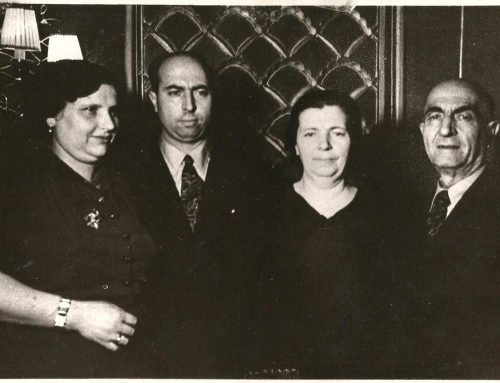
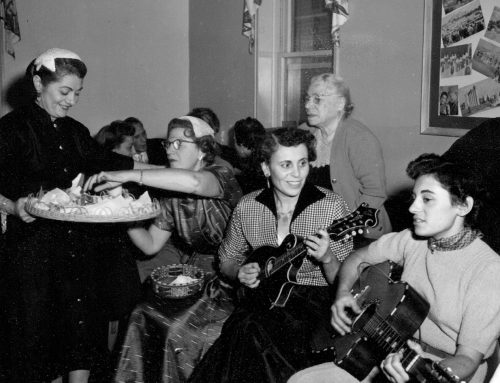
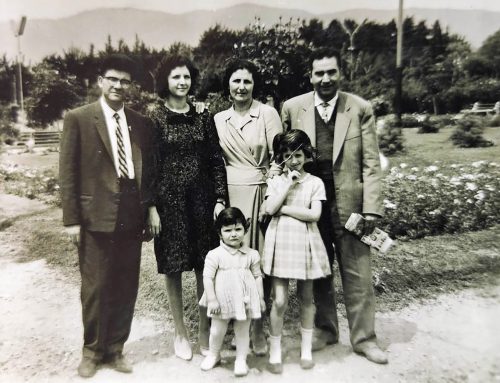
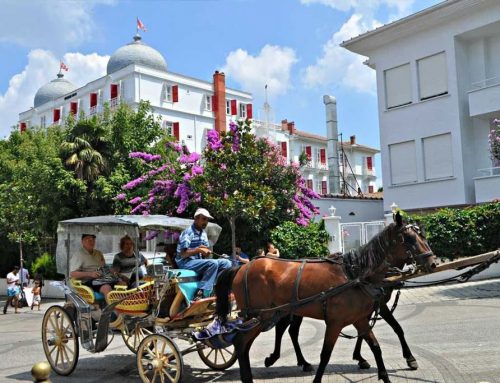
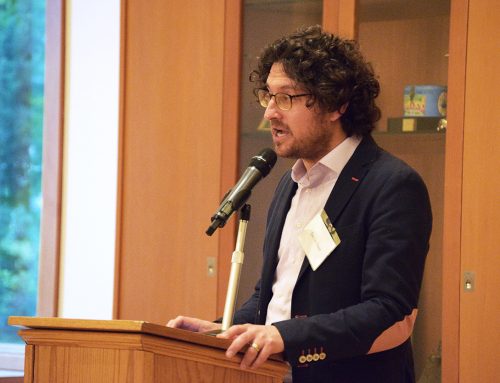
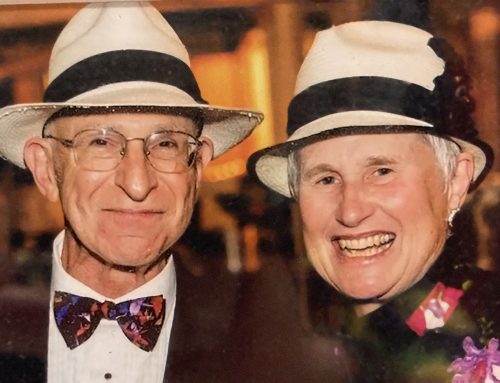
Leave A Comment